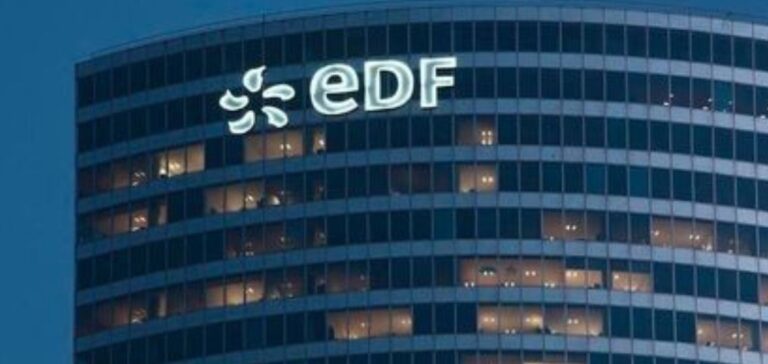The favoritism trial involving EDF and its former CEO Henri Proglio begins in Paris, attracting considerable media attention. The case concerns consultancy contracts awarded without competition between 2010 and 2016, for a total amount of around 22 million euros. The PNF (Parquet national financier) has identified 44 contentious contracts, signed by Henri Proglio or other company executives, involving influential personalities and renowned consultants. The trial, which is expected to last two weeks, will see Henri Proglio, former head of EDF from 2009 to 2014, Alain Tchernonog, EDF’s former General Secretary, and eleven consultants and executives appear on charges of favoritism and receiving favoritism. The first day of the trial is devoted to procedural debates, with Henri Proglio expected to take the stand on the second day to be questioned about contracting practices during his term of office. This case also echoes that brought against the Bourbon group and its executives.
Details of the charges
The PNF accuses Henri Proglio and the other defendants of awarding consultancy contracts without competitive bidding, in violation of public procurement rules. The contracts covered communications consulting, strategic consulting, risk management, intelligence and lobbying. Amounts ranged from 40,000 to four million euros, and beneficiaries included communicators, former company directors, politicians, magistrates, lawyers and journalists. An internal memo from 2010, nicknamed “Tchernonog” after EDF’s former General Secretary, established a specific procedure for selecting consultants, based solely on their references and reputation, in violation of the principles of equal treatment, transparency and free access to public contracts. According to the PNF, this procedure made it possible to circumvent the competitive bidding rules normally required for these contracts.
Positions of the parties
Henri Proglio’s lawyers, Jean-Pierre Mignard and Pierre-Emmanuel Blard, plead their client’s innocence, arguing that most of the facts are time-barred and that there was no hidden agenda. They point out that the procedures were transparent and that Proglio derived no personal gain from these contracts.
“We’re going to ask for the case to be dismissed, firstly because most of the facts are time-barred and secondly because, for there to be favoritism, there has to be a hidden agenda. However, everything has been very public, and there has been absolutely no desire to conceal anything.
The PNF, however, maintains that the contracts were awarded without respecting the principles of transparency and competition, an essential element in public procurement. The consultants involved, some of whom, like Stéphane Fouks of Havas and Anne Méaux of Image 7, have already been fined through plea bargaining. Others, such as Jean-Marie Messier, former CEO of Vivendi, and Loïk Le Floch-Prigent, former head of GDF and SNCF, deny having committed an offence, citing the confidentiality of the assignments and the scarcity of the skills required as justifications for not inviting tenders.
Political reactions and Euronext strategies
In response, France’s Minister of the Economy, Bruno Le Maire, has proposed the establishment of a UMC in the European Union to meet the financing needs of companies like TotalEnergies, which is considering a listing on the New York Stock Exchange due to undervaluation in Europe. Emmanuel Macron also supported this initiative, which aims to create a truly European internal market capable of competing with the world’s major financial centers. Stéphane Boujnah, Chairman of Euronext, said that despite efforts to boost the liquidity of European markets, it remains difficult to change the preferences of American investors, who value financial performance more than ESG (environmental, social and governance) criteria in comparison with their European counterparts. Euronext is working on technical solutions to keep companies attached to European markets while meeting their valuation needs.
Analysis of quotation prospects
The EDF favoritism affair raises questions about the governance of public companies and the transparency of procurement procedures. TotalEnergies is considering a listing in New York, highlighting the challenges of market valuation and attractiveness for European companies. The trial of Henri Proglio and the other protagonists highlights the issues of governance and transparency in the management of public companies. How EDF and its management handle this crisis could influence contract management practices and public perception of energy companies in Europe. Setting up a UMC could improve the competitiveness of European companies, but it won’t necessarily solve the valuation problems perceived by international investors.
The favoritism trial involving EDF and its former CEO Henri Proglio highlights the governance and transparency challenges facing major public companies. The outcome of this trial could have a significant impact on contract management practices and the public perception of energy companies in Europe, while underlining the need for a capital markets union to strengthen the competitiveness of European companies on the world stage.






















